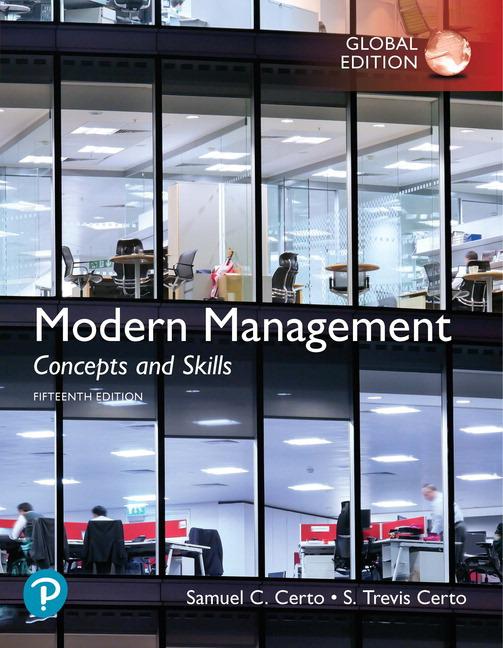The days of a bulky computer hard drive, keyboard, monitor, and mouse are behind us, right? Tablets,
Question:
The days of a bulky computer hard drive, keyboard, monitor, and mouse are behind us, right? Tablets, smartphones, and other devices are the way of the future, or soit would seem. However, one company, Hewlett-Packard (HP), is betting on the continuation of traditional personal computers (PCs).
The story of HP is innovative, sometimes tumultuous, and always fascinating. With several prior high-profile CEOs such as Léo Apotheker, Carly Fiorina, and Mark Hurd, the company has ridden the waves of technology with the personal computer and crashed hard with its inability to keep up with Apple’s advent of smart technology. The new CEO, Meg Whitman, is making some key decisions for the company that could affect its future. Formerly CEO of eBay, Whitman brings to the table a strong background that includes experience at Procter & Gamble and Disney. In addition, she made an unsuccessful bid for the governor’s office in California. When she took over the company in September 2011, she faced a recent history of scandals, infighting, and lackadaisical attitudes. Some tough decisions had to be made.
Just a month prior to Whitman’s appointment as CEO, the company had announced that it would sell off its PC business and cease production of its fledgling Touch Pad tablet. The PC business was a significant part of HP’s income and history. At its founding in 1939, HP offered a wide variety of scientific and technological products, and it entered the PC market in the late 1960s and early 1970s. As the company grew during the last decades of the twentieth century, it added printers and scanners to its product line. In 2011, the TouchPad was a very modest attempt to compete with Apple’s iPad. The decisions to end the PC part of its business and stop producing the TouchPad caused HP’s stock price to fall 20 percent (Bandler and Burke, 2012). Upon her arrival, however, Whitman reversed one of those decisions: She announced that the PC division would not be sold or folded; instead, it would be merged with the printer division. The TouchPad, though, was history.
1. What do you think about Meg Whitman’s decision to keep the PC business at HP? Would you have made the same decision?
2. Using the rational decision-making process, evaluate Whitman’s decision. In other words, what was the existing problem, what were the possible alternatives, and so on?
3. How would you characterize the scope of Whitman’s decision? What levels of management were affected? Should Whitman have used consensus in making her choice? Why or why not?
Step by Step Answer:

Modern Management Concepts And Skills
ISBN: 9781292265193
15th global Edition
Authors: Samuel Certo, S Certo





